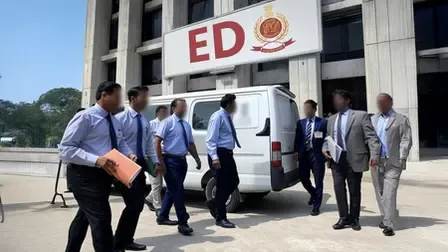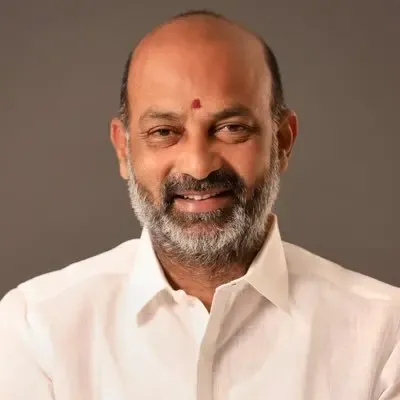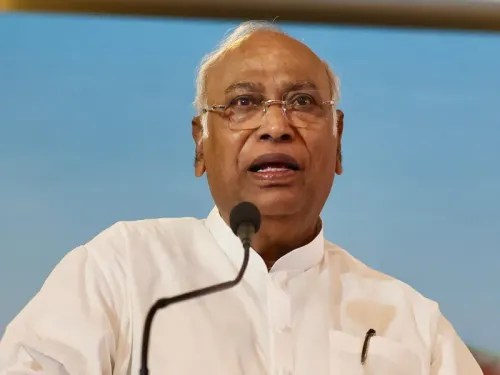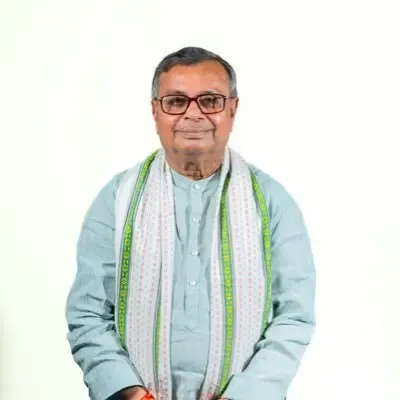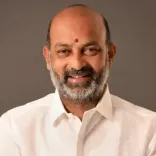BioE3 Cells Can Propel India's Biotech Revolution: Jitendra Singh
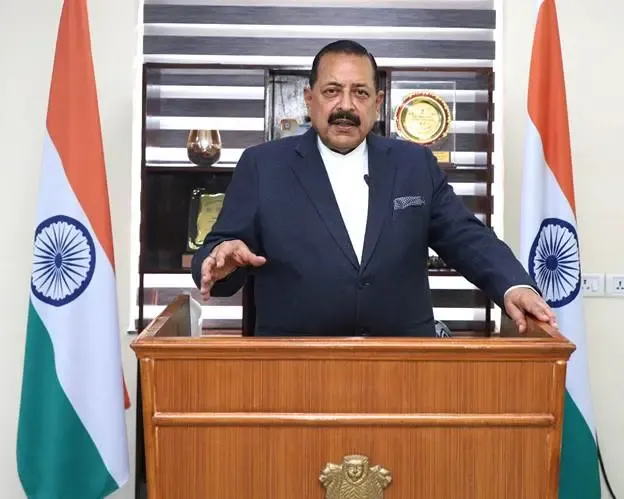
Synopsis
Key Takeaways
- Emphasis on establishment of BioE3 Cells
- Enhancement of biomanufacturing sector
- Collaboration between states and Centre
- Knowledge hubs for effective policy implementation
- Aligning biomanufacturing with state priorities
New Delhi, Feb 7 (NationPress) Union Minister of State for Science and Technology Dr. Jitendra Singh on Friday called on states to set up BioE3 Cells to enhance the biotechnology revolution in India and to achieve the Bio-Vision for Viksit Bharat by 2047.
This statement was made during the Centre-State Partnership Conclave focused on the BioE3 Policy, which took place at Vigyan Bhavan in Delhi.
“State governments need to utilize their distinct resources, strengths, and economic priorities to advance India’s biomanufacturing sector,” the MoS noted.
To facilitate the BioE3 Policy’s success, Singh advocated for the establishment of ‘BioE3 Cells’ in collaboration with the Centre via the Department of Biotechnology (DBT).
“These BioE3 Cells will function as interconnected knowledge hubs, linking state and national stakeholders to ensure the effective execution of the BioE3 Policy,” he stated.
These cells, which will be set up at the state level, will serve as central platforms for knowledge sharing, policy coordination, and technology application within the biomanufacturing sector.
During the event, Singh also unveiled a booklet titled 'Establishment of BioE3 Cells for Biomanufacturing Implementation', which aims to promote Centre-State collaborations to foster biotech innovations.
“The core objective of the BioE3 Cells is to align biomanufacturing efforts with each state’s unique strengths, resources, and priorities, while also connecting to broader national goals,” Singh emphasized.
He highlighted that by creating a nationwide network of BioE3 Cells, the government seeks to integrate innovative research, emerging technologies, and sustainable biomanufacturing practices across various regions, ensuring a unified and efficient approach to biotechnology development in India.
Moreover, Singh pointed to significant advancements in India’s biotechnology sector, including the indigenous DNA vaccine developed by the Department of Biotechnology during the pandemic, the creation of the antibiotic ‘Nafithromycin’, and successful gene therapy trials at CMC Vellore.
The conclave served as a crucial platform for senior representatives from different states to discuss biotechnology initiatives, ensuring these efforts align with each state’s unique strengths and resources while adhering to the broader objectives of the BioE3 Policy.

